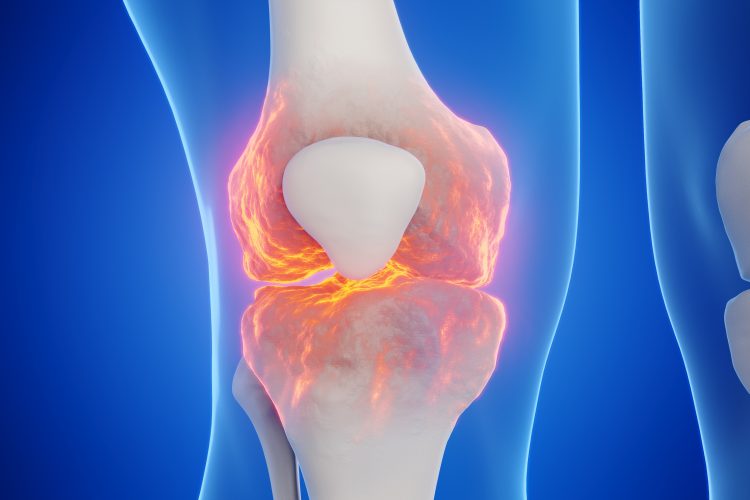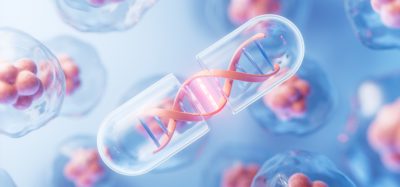Promising new bioactive material to regenerate cartilage
Posted: 6 August 2024 | Drug Target Review | No comments yet
A biomaterial that improved hyaline cartilage repair could be used to avoid knee replacements and treat injuries and degenerative diseases.


Researchers at Northwestern University have developed a novel bioactive material that regenerated high-quality cartilage in the knee joints of a sheep model. They observed evidence of improved repair, including the growth of new cartilage containing collagen II and proteoglycans, within six months. In the future, this material could be used to avoid full knee replacement surgeries, treat degenerative diseases and repair sports-related injuries.
Samuel Stupp, Board of Trustees Professor of Materials Science and Engineering, Chemistry, Medicine and Biomedical Engineering at Northwestern and founding director of the Simpson Querry Institute for BioNanotechnology and the Center for Regenerative Nanomedicine, led the study. He stated: “The problem is that, in adult humans, cartilage does not have an inherent ability to heal. Our new therapy can induce repair in a tissue that does not naturally regenerate. We think our treatment could help address a serious, unmet clinical need.”
Recent published work from the Stupp laboratory details the team utilising molecules to activate human cartilage cells, enhancing the production of proteins that form the tissue matrix. However, the new study evaluates a hybrid biomaterial also developed in Stupp’s lab, which involves two components: a bioactive peptide that binds to transforming growth factor beta-1 (TGFb-1) and chemically modified hyaluronic acid.
The researchers incorporated the bioactive peptide and modified hyaluronic acid particles to direct the self-organisation of nanoscale fibres into bundles that replicate the natural formation of cartilage. The bioactive signals in the nanoscale fibres prompted cartilage repair by the cells to populate the scaffold.
Then, the materials’ effectiveness in promoting cartilage growth was evaluated in sheep with cartilage defects in the stifle joint at the laboratory of Mark Markel in the School of Veterinary Medicine at the University of Wisconsin–Madison. Similarly to humans, sheep cartilage is very challenging to regenerate. Furthermore, sheep stifles and human knees have similarities in weight bearing, size and mechanical loads.
When the material was injected into cartilage defects, it transformed into a matrix, growing to fill the defect as the scaffold degraded. The repaired tissue was consistently higher quality compared to the control.
Moving forward, Stupp envisions the biomaterial could be applied to joints during open-joint or arthroscopic surgeries. “By regenerating hyaline cartilage, our approach should be more resistant to wear and tear, fixing the problem of poor mobility and joint pain for the long term while also avoiding the need for joint reconstruction with large pieces of hardware,” Stupp concluded.
This study was published in Proceedings of the National Academy of Sciences.
Related topics
Animal Models, Regenerative Medicine, Research & Development, Therapeutics
Related conditions
Knee replacement







